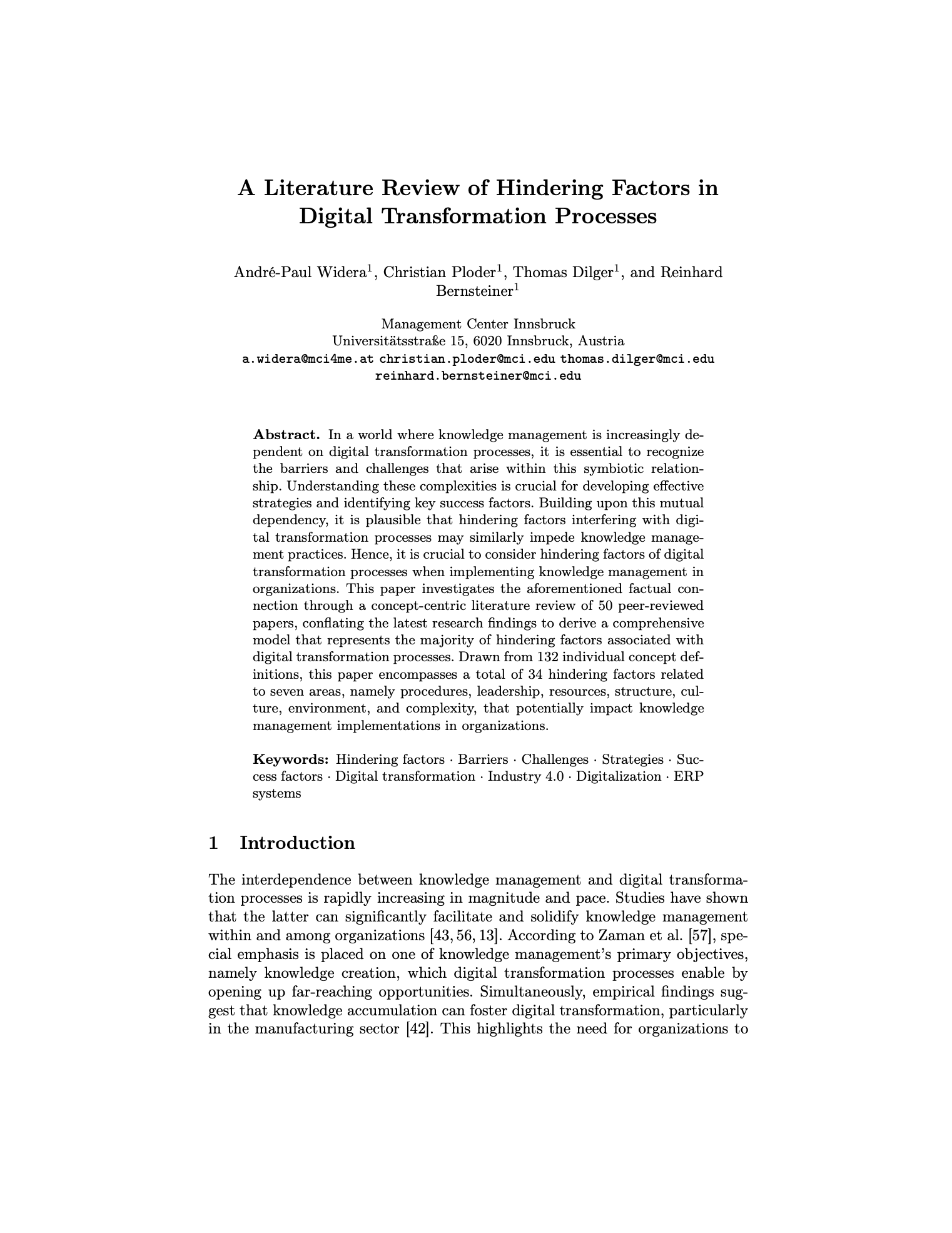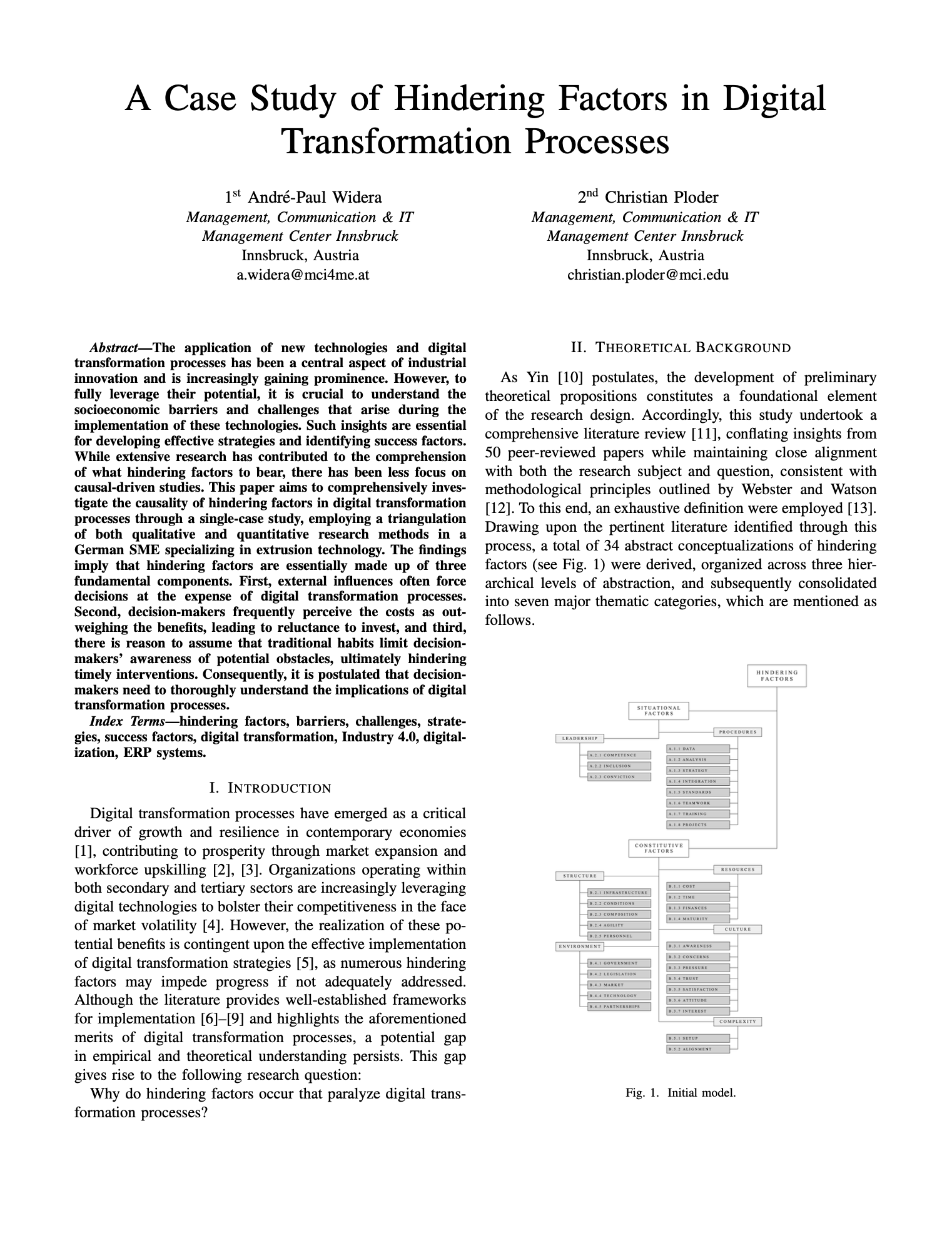Introduction
Dear members of the commission,
I would like to formally welcome you to this special letter of motivation.
My name is André-Paul Widera and I hereby declare my intention to apply for the research stay to write my Master’s thesis at UC Berkeley in California, USA. On this web page, I want to provide a concise rationale for why I am the right candidate.
For this, I specifically designed this digital presence and made some thoughts on how to share my vision in an eye-catching, engaging, and cohesive way.
In doing so, I aim to demonstrate my commitment to exploring all possibilities within my sphere of influence, thereby illustrating my strong desire to be selected by you.
By scrolling down, you will be finding quotes by American politicians, shown through the degree to which these ideas have become second nature to me. Furthermore, by clicking on the bold and underlined text, you can view further material (e. g. letters of recommendation, proof of language proficiency) that underscores my alignment with the research stay’s requirements.
Without further ado, allow me to present my application for this unique opportunity.
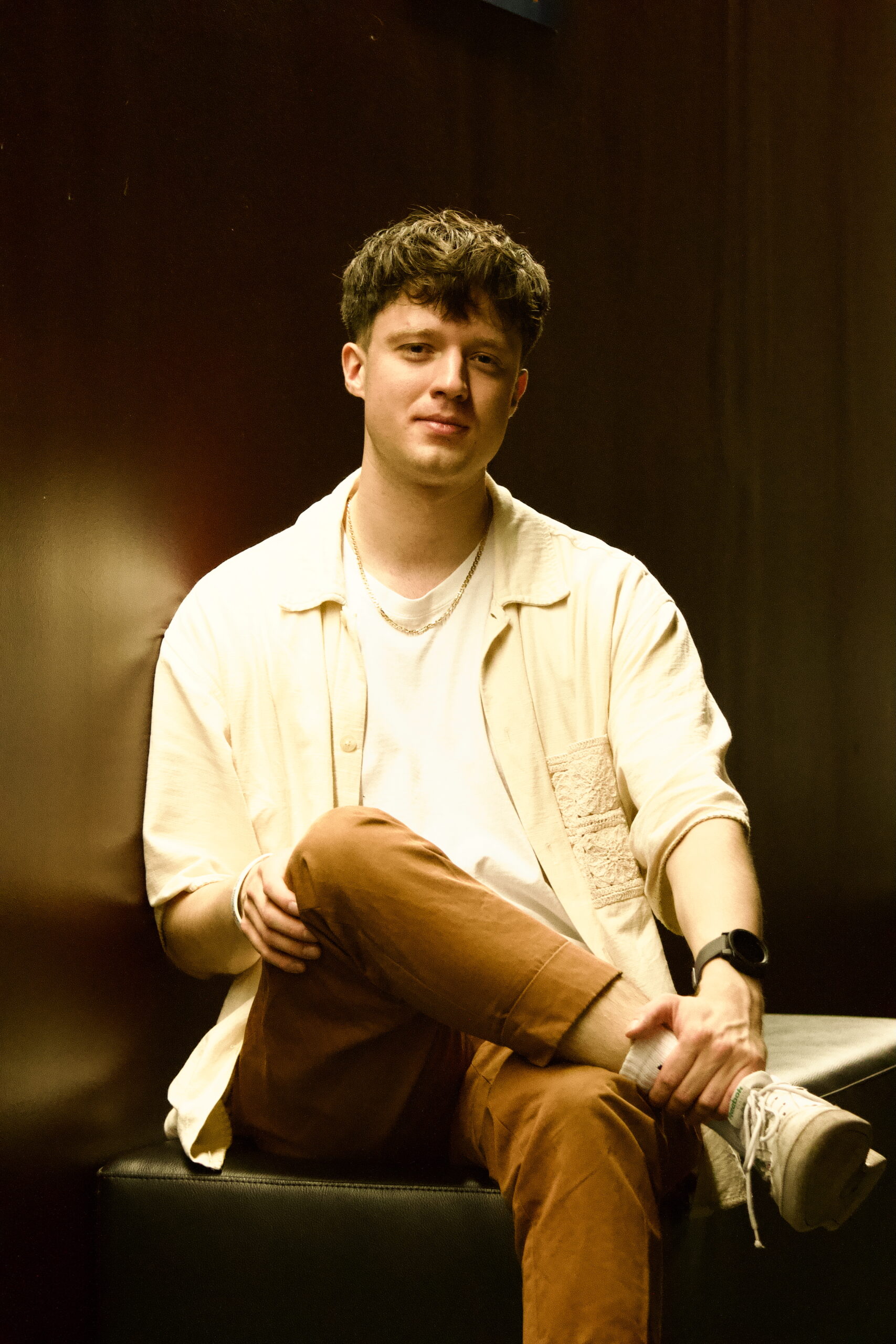
Description. This is me, sitting outside of the lecture room where I finished my final Bachelor’s examination with honors.
How I engage with the English language.
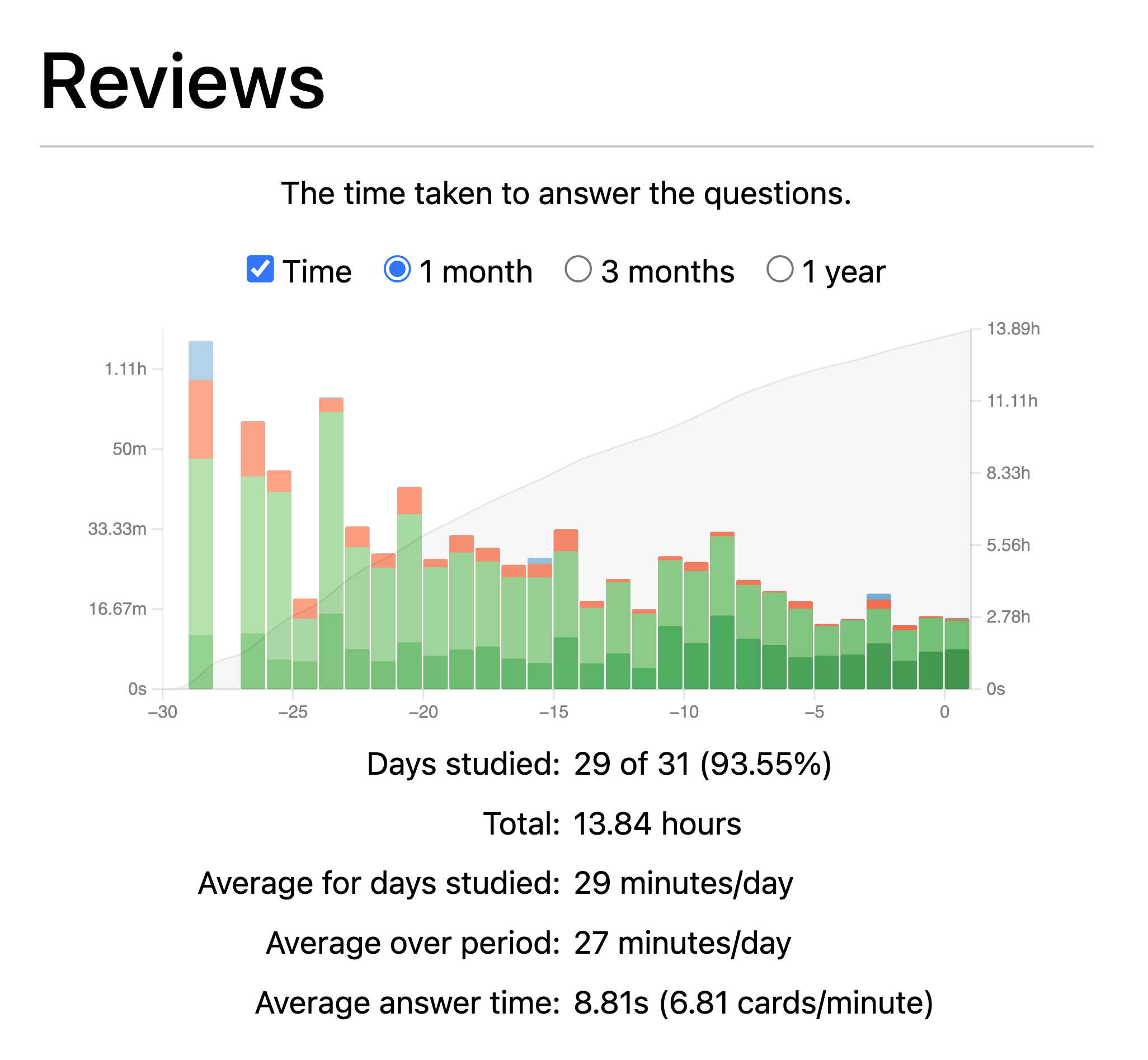
Description. According to the forgetting curve, my focus is not on acquiring new vocabulary but on consolidating previously learned words, which led me to utilize Anki, a flashcard program that leverages spaced repetition and active recall to improve long-term retention.
“By failing to prepare, you are preparing to fail.”
— Benjamin Franklin
If there is one valuable lesson I have learned in life, it is the importance of being prepared for any situation and dedicating focused energy toward achieving what one truly desires.
To engage in high-level research at UC Berkeley in California, proper English is essential, so I have focused on improving my English proficiencies. Since December 2024, I have incorporated vocabulary practice into my morning routine. From that time on, I have been learning vocabulary very regularly, as evidenced by the last month in which I did study on 29 out of 31 days.
Also, I have actively sought feedback from English-speaking friends from London, the United States, and Canada to refine my pronunciation and speaking skills, resulting in a recent IELTS band score of 7.5, which serves as evidence of language proficiency above the C1 level. All of this, in addition to studying MCiT in English at Master’s level.
How I pursue high-level research goals.
“Do what you can, with what you have, where you are.”
— Theodore Roosevelt
In my view, it is important to not only meet what is demanded, but to exceed expectations.
During my very early school days and A-levels, my extracurricular activities revealed my strong desire to go above and beyond what was required, according to my former senior teachers Nadja Biermeyer and Tobias Schmidt.
Building on this, I began engaging in research at the Family Business Center at MCI early in my Bachelor’s studies, an experience recognized by my former supervisor Anita Zehrer. In addition to achieving an overall grade point average of 1.92, my performance in management studies was particularly distinguished, as noted by Thomas Dilger.
On top of that, I chose the topic of my Bachelor’s thesis not merely as a requirement, but from a real passion to become an expert in digital transformation. Understanding that exceptional results require precision, I sought guidance from my supervisor as well as all of my lecturers to understand what separates the wheat from the chaff — ultimately achieving a grade of 98 percent.
Since my goal was to pursue an interesting research topic while generating tangible practical value, I successfully conducted my Bachelor’s thesis in collaboration with a mid-sized German company in North Rhine-Westphalia, as senior executive Holger Manske underscores.
From the beginning of my Bachelor’s thesis, I set out to produce something worthy of publication. Recently, my supervisor, Christian Ploder, deemed it well-suited for inclusion in a conference paper, and on the February 11th 2025, I had the honor to submit my first scientific paper. Finally, on March 3rd 2025, my paper was successfully accepted by peer-reviewers.
Moreover, as a current member of the MCiT research department, I am collaborating with Christian Ploder to further advance my academic development. In addition to my previously mentioned publication, I am engaged in two additional projects.
First, I am developing a study that introduces a methodology for conducting case studies within SMEs seeking to undertake digital transformation, with the aim of identifying the root causes of their transformation challenges.
Second, I am designing a quantitative analysis model to examine causal chains within qualitatively collected data, implementing the algorithm in Python. This model aspires to establish a standardized and objective prioritization framework, with the potential for publication in a peer-reviewed journal.
My particular interest in UC Berkeley.
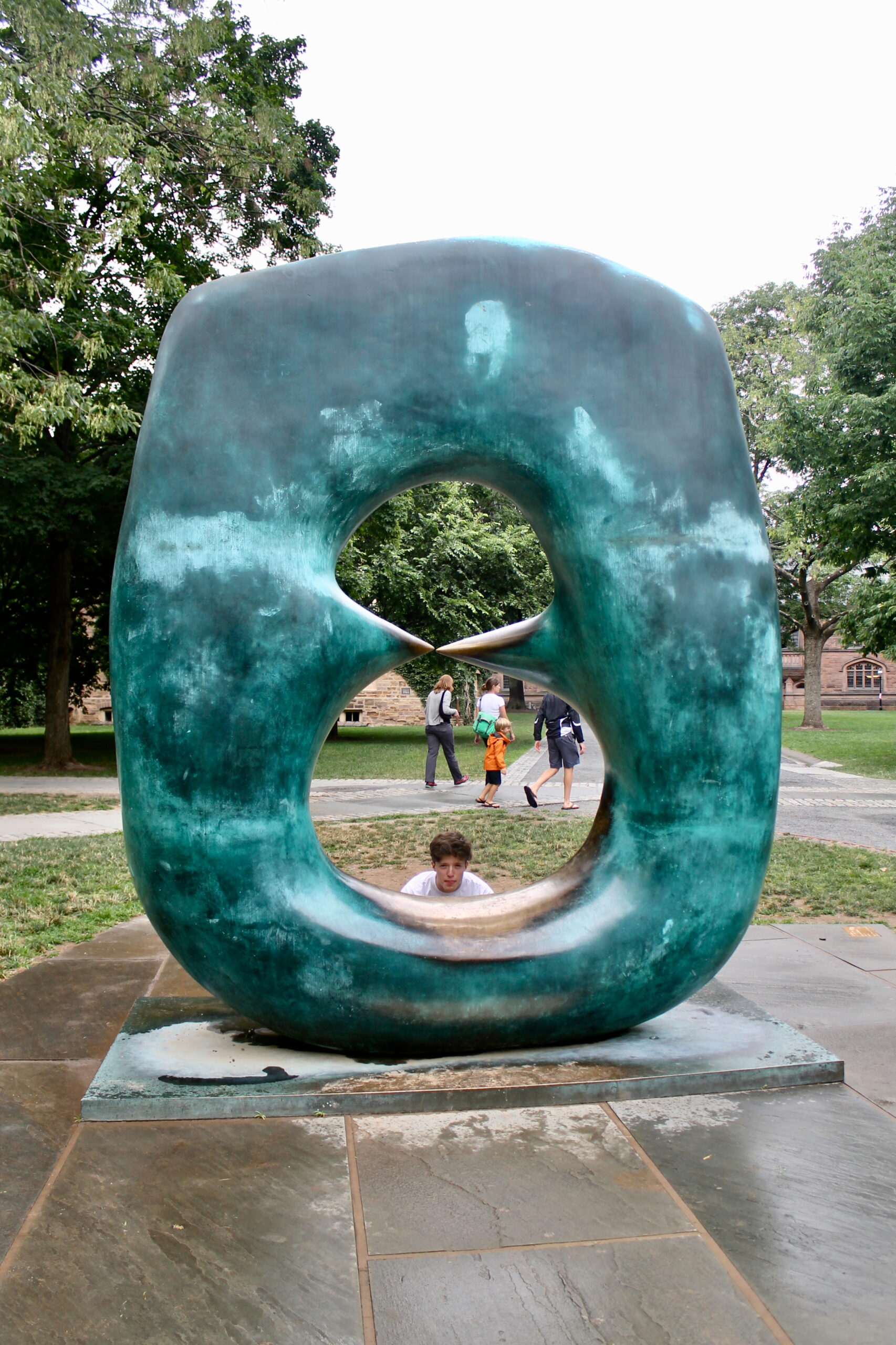
Description. Even at the age of 16, I was fascinated by the United States and its leading research facilities, which led me to visit Princeton University with my family in 2017, a visit captured in this photograph of me crouching behind Henry Moore’s Oval with Points on the Princeton campus.
“I like the dreams of the future better than the history of the past.”
— Thomas Jefferson
For me, it is common to believe that interest arises from very personal experiences, as they profoundly impact one’s life and are, therefore, more likely to spark intrinsic motivation.
From a personal perspective, my deep interest in studying at UC Berkeley is driven by what I consider to be my profound passion for computer science. Growing up in an increasingly digital world, I have long been captivated by the groundbreaking innovations and technological advancements that the United States has fostered over the past several decades. Landmark achievements such as ARPANET, the precursor to today’s internet, and the rise of Silicon Valley companies like Google, Facebook, and Apple, all exemplify America’s pioneering role in the field of information technology. In many ways, the US has been at the forefront of IT progress.
Considering the foregoing, I have always aspired to study in the United States in order to learn from the innovators shaping the future. This aspiration first led me to apply for the MCiT’s dual degree program at the Information Science and Technology college in Nebraska, USA. Ultimately, I was not chosen, finishing in 2nd place.
Undeterred by this outcome, I did not resign and remained committed to seeking every possible opportunity to study and conduct research in the US. The day after I received the rejection, I decided to set the course of my life twofold. First, I attended your Career Lunch that I had registered for back in February and had a constructive conversation with Jeroen DeWulf about possible research opportunities at UC Berkeley. Second, I applied to study abroad at UCLA Extension in Los Angeles, California, in the course of my third semester (from September 22nd to December 15th 2025).
While I am grateful that the latter has materialized through my successful nomination at UCLA Extension, my ambition still extends beyond studying abroad. I am particularly eager to engage in high-level research at one of the world’s most prestigious universities, UC Berkeley. My desire to understand America’s formula for advancing the digital world remains unfulfilled, and I am determined to do everything in my power to achieve what I truly aspire to: to learn from the best.
What I want in the long run.
“I like the dreams of the future better than the history of the past.”
— Thomas Jefferson
Lastly, holding a clear personal vision and an irrevocable plan of what one wants is one of the most important endeavors in tackling challenges — especially in the long run.
As emphasized by Murat Ülbeyi, the director of a German advertising company for which I have been working for a decade, steadfast commitment is among my strongest character traits. Over the past few years, I have managed to produce impeccable work without interruption and have grown from a school intern to a valued business partner.
As I outlined at the beginning, I deliberately chose my Bachelor’s thesis topic to gain a deeper scientific understanding of digital transformation. This decision aligns with my long-term goal of founding my own IT consultancy, driven by my vision to enable companies to implement digital transformation seamlessly and without any barriers.
To remain aligned with this path and meet your requirements, I have proactively taken steps to identify a potential supervisor at UC Berkeley for my Master’s thesis, as outlined in my application. As of now, my Master’s thesis will be an extended and more comprehensive version of my Bachelor’s thesis, building upon my research outlined earlier. During my research stay at UC Berkeley, my primary objective is to deepen my understanding of the fundamental principles that underpin digital transformation processes. Through rigorous scientific inquiry, I aspire to move closer to answering one core question: why does digital transformation fail within organizations?
Against this backdrop, this research stay is a game-changer for my ambitions, as I am not just looking to write a Master’s thesis, but to make an impact.
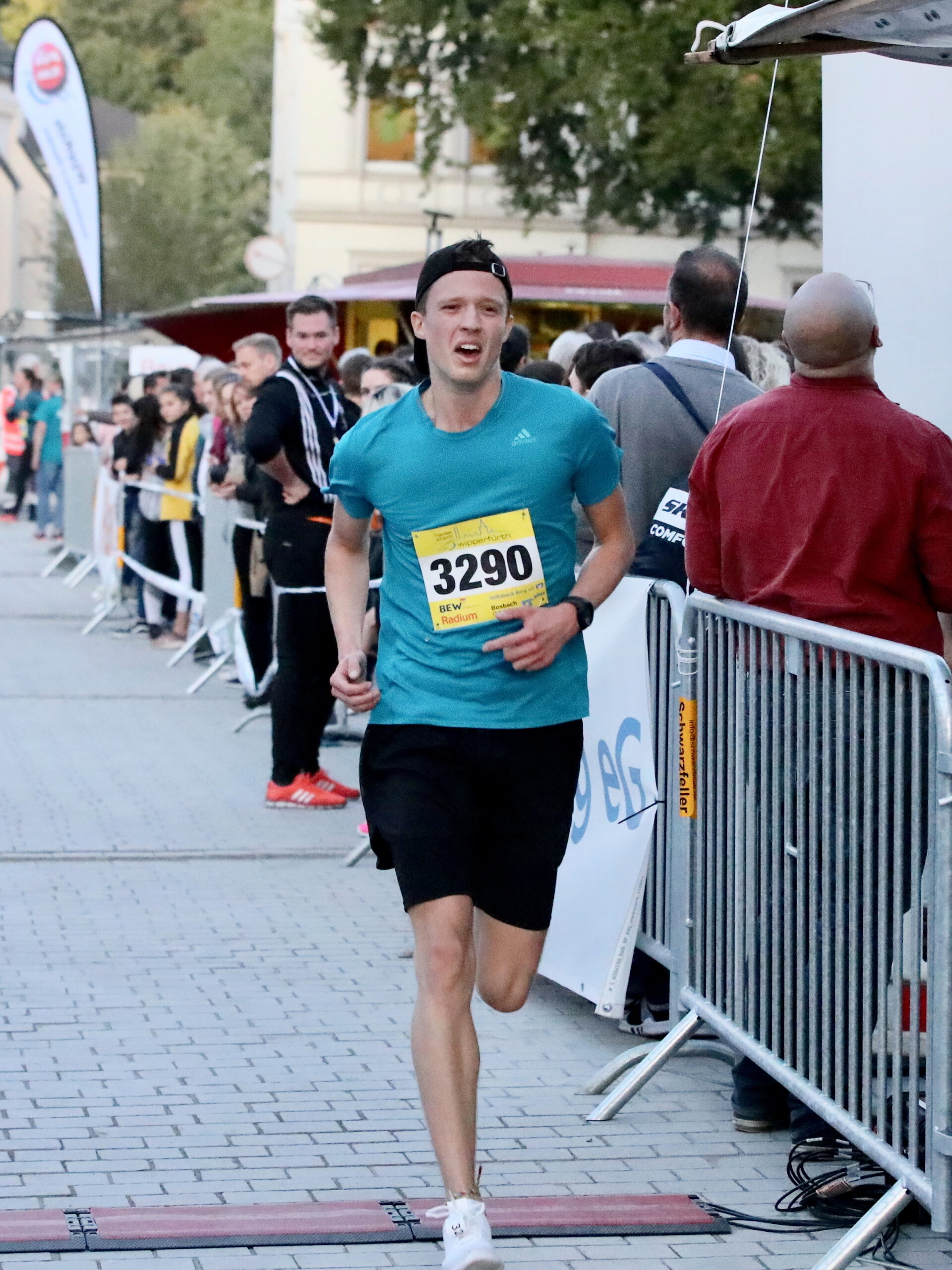
Description. Determined to secure a top position, I sprinted the final meters of a city race in my hometown of Wipperfürth in Germany, finishing in 17:08 minutes for 4.7 km and placing 5th out of 166 runners.
Conclusion
After I was allowed to show you that I am a student, who is
- diligent in mastering the English language and demonstrates proficiency beyond the C1 level with an IELTS band score of 7.5,
- ambitious in pursuing an academic career, evident by the acceptance of his first scientific paper and his active involvement in two further research projects within the MCiT research department,
- deeply motivated to conduct high-level research at UC Berkeley by a genuine passion for the interplay of computer science and the social sciences as well as America’s pioneering role in transforming the digital world, and
- committed to a long-term professional vision of founding his own IT consulting firm and, thereby, aligning the focus of his prospective Master’s thesis accordingly,
this underscores my strong motivation to successfully complete the offered research stay, presenting me as a reliable and dedicated candidate to represent the MCI in the most distinguished manner at UC Berkeley.
Furthermore, I have, as requested, attached my CV and ToR for your review.
Please do not hesitate to reach out if you require any additional information or documentation!
Yours sincerely,
André-Paul Widera.


